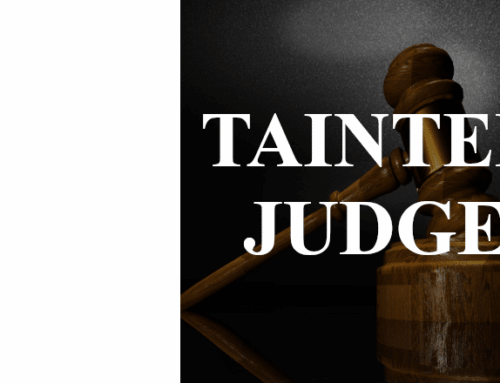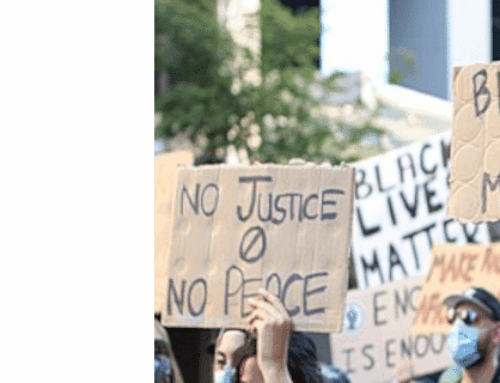Catholic League president Bill Donohue comments as follows:
Yesterday, a Boston Globe editorial unfavorably compared the Vatican to the American bishops, saying that “Until the church adopts a zero-tolerance policy, justice cannot be served….” On July 9 and July 17, the New York Times, which owns the Globe, ran editorials voicing the same criticism. The Times editorial of July 17 correctly notes that such a policy means “requiring secular authorities to be alerted from the beginning.” Interestingly, neither newspaper has such a policy of its own.
Section IV of the New York Times Business Ethics Policy (which also governs the Globe), says, “Any employee who becomes aware of any conduct that he or she believes to be prohibited by this Policy or a violation of the law,” is expected to “promptly report the facts” to “any supervisor or the legal department.” (My italics.) It says nothing about contacting the authorities. Moreover, their policy says that if an employee has been found guilty, “appropriate and corrective action up to and including termination” will take place. Even then it says nothing about contacting the authorities!
Yesterday, we contacted three persons on four different occasions who work in the Boston Globe’s Human Resources Department about this issue. No one responded.
This settles the issue. The New York Times and the Boston Globe find it unwise to adopt the same policy regarding employee misconduct—including instances where the law is broken—that it condemns the Catholic Church for not adopting worldwide. So if a priest is alleged to have groped a parishioner, the cops must be called. But even after an internal probe reveals that an employee at the Times or Globe is guilty of the same offense, the cops should not be summoned. The hypocrisy is vile.
Contact the editorial page editors, Andrew Rosenthal at the Times and Peter Canellos at the Globe: andyr@nytimes.com and canellos@globe.com






